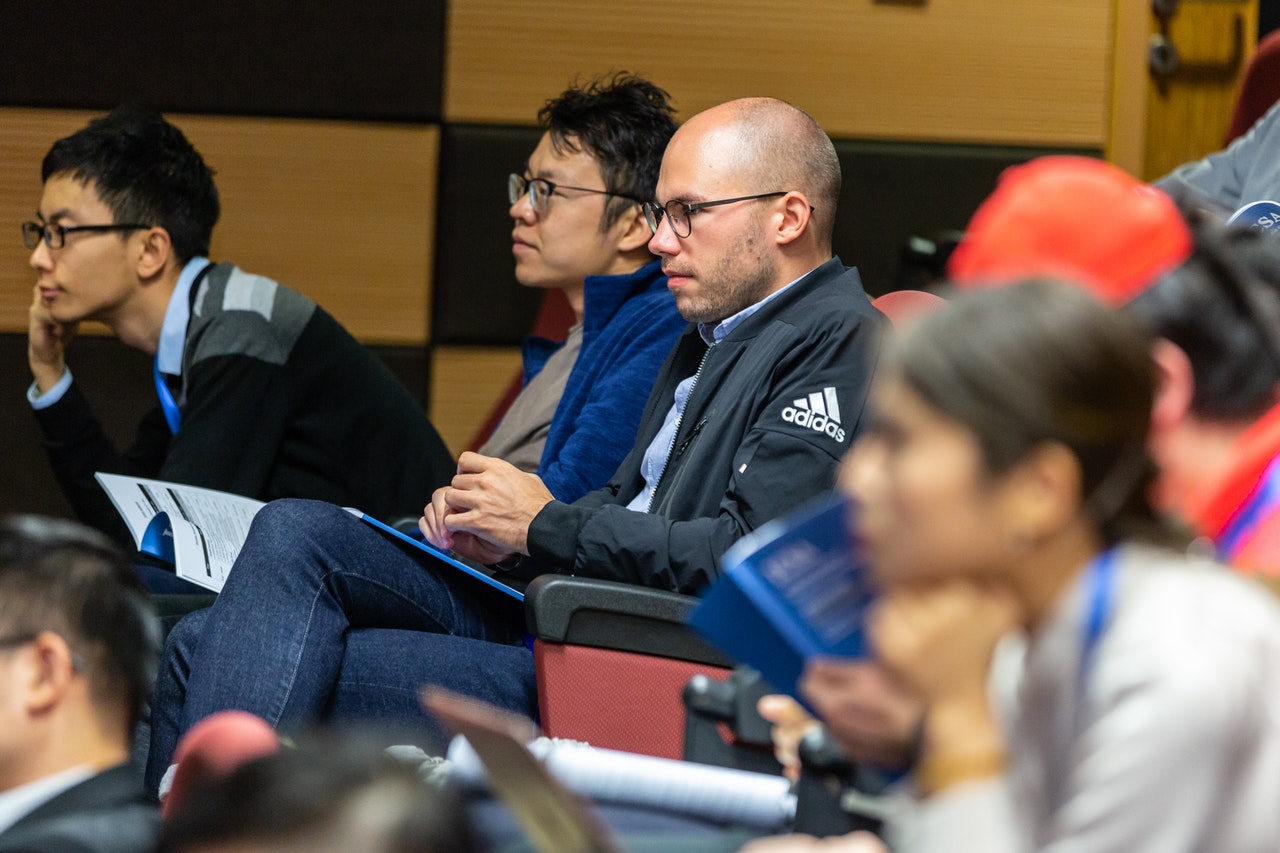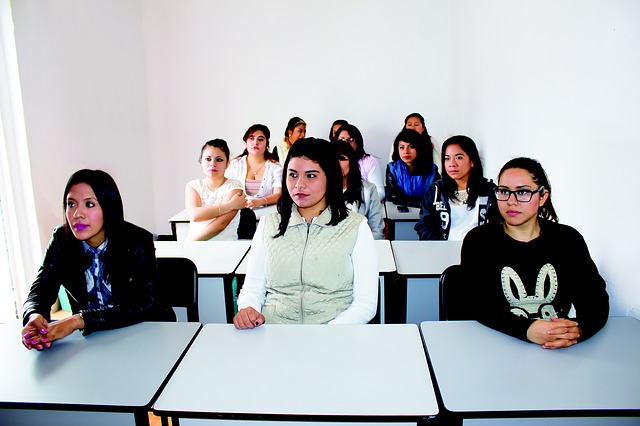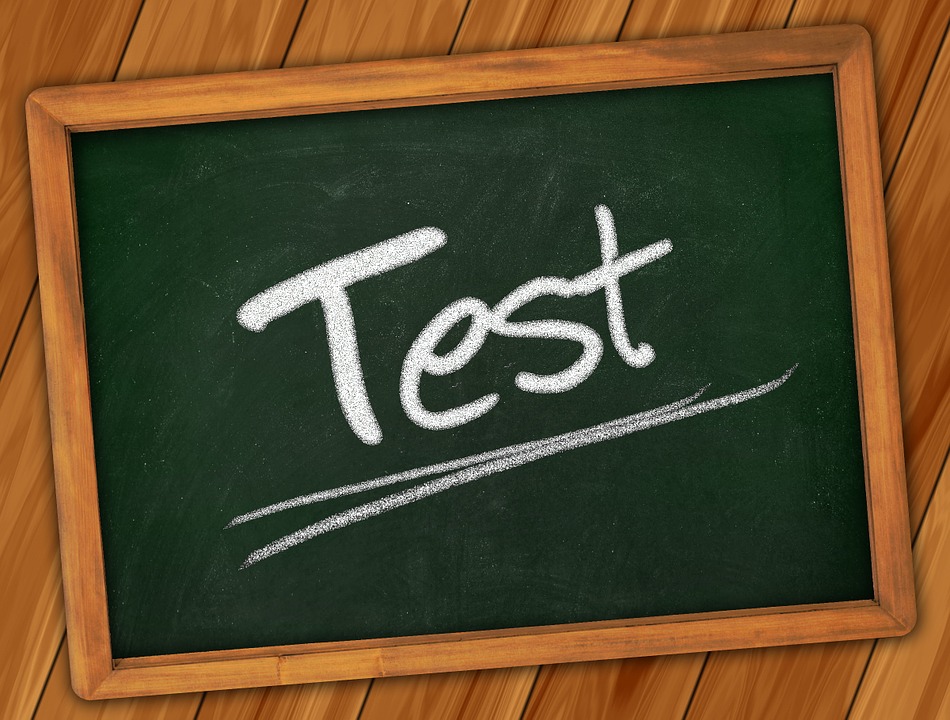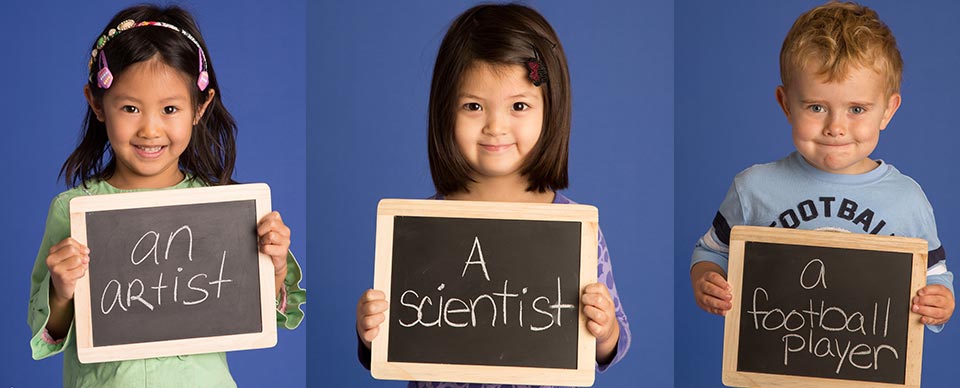Healthcare settings are changing rapidly. Hospitals and clinics are handling more patients, more emergencies, and more complex conditions every day. Because of this, the need for trained staff who can respond quickly and correctly is rising. ACLS (Advanced Cardiovascular Life Support) certification has become more than a resume booster. It’s a necessity in many clinical environments. This shift reflects how critical it is to have professionals who are ready for cardiac and other life-threatening emergencies. To keep up with such demand, online acls recertification is helping current staff stay compliant and up to date without stepping away from their roles.
They Meet the Patient’s Safety Standards

Patient safety is a top priority in every hospital and clinic. Organizations want to ensure every staff member can respond effectively when seconds count. ACLS training prepares healthcare providers to manage emergencies like cardiac arrest, stroke, or shock. These events can happen without warning. When they do, having someone who is ACLS-certified nearby often makes a direct difference in patient survival. That’s why more employers are requiring this certification, even for roles that didn’t need it before.
Hospital Expectations Are Changing
It’s not just the emergency room anymore. Many hospitals now expect ACLS certification for positions in telemetry, surgical units, intensive care, and step-down areas. Even some medical-surgical floors prefer applicants with ACLS. These units handle patients at risk of deterioration. Employers want to ensure their teams can act fast. As care settings grow more acute, hospitals are updating their hiring practices to reflect that reality. ACLS-certified professionals are now more likely to be interviewed, selected, and promoted.
Outpatient and Clinic Environments Feel the Shift

Clinics are seeing more complex cases than they did in the past. Outpatient centers now perform procedures that once required inpatient stays. With that comes risk. If a patient crashes during a stress test or a procedure, the response must be immediate. That’s why ACLS-trained staff are becoming essential, even in outpatient settings. Urgent care clinics, ambulatory surgical centers, and specialty offices are all beginning to prioritize or require ACLS certification for clinical staff.
They Raise the Bar for New Graduates
New healthcare graduates are entering a market with higher expectations. Hospitals and clinics want people who are ready to work, not just learn. ACLS certification shows that a candidate has already invested time in emergency care training. It makes them more appealing right out of school. For new nurses, respiratory therapists, and paramedics, having ACLS before applying may improve job prospects and reduce orientation time. It’s become part of what employers now consider a well-prepared candidate.
They Support Team-Based Emergency Response

ACLS isn’t just about individual skill. It trains people to work together during critical situations. Hospitals rely on code teams, rapid response teams, and unit-based emergency drills. Every person in the room needs to understand their role. With ACLS-certified staff, response times are faster and communication is clearer. This coordination reduces errors and improves outcomes. Clinics and hospitals know this. That’s why they’re placing greater value on team members who’ve completed ACLS training.
The demand for ACLS-certified professionals in hospitals and clinics is growing, and it’s not slowing down. As patient needs become more urgent and environments more complex, healthcare employers are turning to staff who are trained, prepared, and capable under pressure. ACLS certification proves that readiness. It’s becoming a standard expectation across various settings, not just a credential for emergencies. If you’re entering the healthcare field or looking to advance, getting ACLS-certified offers a clear path toward better opportunities and long-term career success.…

















 One of the most critical aspects of creating an effective hiring process is to write a job description that accurately reflects the position you are looking to fill. The job description should include a detailed list of the duties and responsibilities associated with the role and the required qualifications. If your company has specific values or a mission statement, be sure to include that in the job description. This will help you attract candidates who fit your company culture well.
One of the most critical aspects of creating an effective hiring process is to write a job description that accurately reflects the position you are looking to fill. The job description should include a detailed list of the duties and responsibilities associated with the role and the required qualifications. If your company has specific values or a mission statement, be sure to include that in the job description. This will help you attract candidates who fit your company culture well. Once you have interviewed all candidates, it is time to conduct
Once you have interviewed all candidates, it is time to conduct 

 Another great thing about international schools is that they can get recognized qualifications. It allows them to transfer into other educational institutions quickly, making them more likely to be accepted by colleges or universities in the future. If you want your child to have an international experience, then getting them enrolled in an international school may be what you need.
Another great thing about international schools is that they can get recognized qualifications. It allows them to transfer into other educational institutions quickly, making them more likely to be accepted by colleges or universities in the future. If you want your child to have an international experience, then getting them enrolled in an international school may be what you need.
 If a person is not trained correctly, they will not recognize the warning signs of a home emergency. Rapid heartbeat, rapid breathing, clumsiness, fatigue, and emotional disturbances can be symptoms of less oxygen levels. The worst that might happen is leading to death. If oxygen levels drop further, nausea and vomiting, disorientation, collapse, seizures, and coma occur, leading to death. Unconsciousness or death can occur within minutes after exposure to carbon dioxide, nitrogen, argon, or other asphyxiants. If you are trained, you can check if oxygen levels are too low and take appropriate action.
If a person is not trained correctly, they will not recognize the warning signs of a home emergency. Rapid heartbeat, rapid breathing, clumsiness, fatigue, and emotional disturbances can be symptoms of less oxygen levels. The worst that might happen is leading to death. If oxygen levels drop further, nausea and vomiting, disorientation, collapse, seizures, and coma occur, leading to death. Unconsciousness or death can occur within minutes after exposure to carbon dioxide, nitrogen, argon, or other asphyxiants. If you are trained, you can check if oxygen levels are too low and take appropriate action. Anyone working in or entering confined spaces must identify hazards and apply hazard control procedures. People who issue confined space entry permits and set up confined space workplaces must also receive industry-specific confined space training to enhance their knowledge and skills. Some also work in confined spaces, such as drains, crawl spaces, and trenches.
Anyone working in or entering confined spaces must identify hazards and apply hazard control procedures. People who issue confined space entry permits and set up confined space workplaces must also receive industry-specific confined space training to enhance their knowledge and skills. Some also work in confined spaces, such as drains, crawl spaces, and trenches.
 Most students have trouble focusing and concentrating during tests, lectures, or even in class. The best way to improve your ability to focus is by taking a nootropic supplement that boosts neurotransmitters like serotonin and dopamine, responsible for feelings of happiness and satisfaction. If you have a better mood, your inclination to feel satisfied and happy will improve your ability to focus. Students can stay
Most students have trouble focusing and concentrating during tests, lectures, or even in class. The best way to improve your ability to focus is by taking a nootropic supplement that boosts neurotransmitters like serotonin and dopamine, responsible for feelings of happiness and satisfaction. If you have a better mood, your inclination to feel satisfied and happy will improve your ability to focus. Students can stay  During midterms and finals, students feel tired all the time because they lack rest and proper eight hours of sleep, which could ruin their energy levels. Lack of sleep can result in decreased energy levels and poor concentration, which usually does not make for an enjoyable study session at all. One way around this problem would be to take nootropics that increase neurotransmitters like dopamine and Adderall, which help regulate sleep cycles.
During midterms and finals, students feel tired all the time because they lack rest and proper eight hours of sleep, which could ruin their energy levels. Lack of sleep can result in decreased energy levels and poor concentration, which usually does not make for an enjoyable study session at all. One way around this problem would be to take nootropics that increase neurotransmitters like dopamine and Adderall, which help regulate sleep cycles.



 when using a homework help site is to rely entirely on an external resource without seeking to develop one’s expertise. There is a strong temptation to use these sites, which simply offer to hire an expert writer to do the work for you. All you have to do is place an order, whether for an essay, a dissertation, or a book summary.
when using a homework help site is to rely entirely on an external resource without seeking to develop one’s expertise. There is a strong temptation to use these sites, which simply offer to hire an expert writer to do the work for you. All you have to do is place an order, whether for an essay, a dissertation, or a book summary. drawback with this kind of site is that the service is not always free. We can end up with the creation of two classes of students, those who will have the financial means to obtain help and those who will have to fend for themselves to write the difficult essays. It will become difficult to assess the true merits of each.
drawback with this kind of site is that the service is not always free. We can end up with the creation of two classes of students, those who will have the financial means to obtain help and those who will have to fend for themselves to write the difficult essays. It will become difficult to assess the true merits of each.
 Learning Difficulties
Learning Difficulties
 Many choose to work with an online tutor to prepare for your SAT if you need someone to take you through the new course material. Also, online tutoring may work well for you if you are looking to understand test content better, get equipped with test strategies, and so on.
Many choose to work with an online tutor to prepare for your SAT if you need someone to take you through the new course material. Also, online tutoring may work well for you if you are looking to understand test content better, get equipped with test strategies, and so on.  Online tutoring requires you to have reliable and high-speed internet and a good computer or tablet. You also need to have the skills to use gadgets and various technological items.
Online tutoring requires you to have reliable and high-speed internet and a good computer or tablet. You also need to have the skills to use gadgets and various technological items. 
 Online learning is usually flexible and has students from different learning programs for both degree and certificate applicants. Some of these programs will recommend students to commence their studies immediately. Other programs will allow from eight to sixteen-week courses. However, some online courses run at different times to provide scheduling flexibility. On the other hand, others require students to unite with their fellow schoolmates and organize meetings with their professors during virtual office hours.
Online learning is usually flexible and has students from different learning programs for both degree and certificate applicants. Some of these programs will recommend students to commence their studies immediately. Other programs will allow from eight to sixteen-week courses. However, some online courses run at different times to provide scheduling flexibility. On the other hand, others require students to unite with their fellow schoolmates and organize meetings with their professors during virtual office hours. Online learners enjoy the privilege to work from anywhere. Students will complete their coursework from the comfort of their home or at a local library. Therefore, they can work from anywhere provided they are comfortable, and the environment is favorable for them.
Online learners enjoy the privilege to work from anywhere. Students will complete their coursework from the comfort of their home or at a local library. Therefore, they can work from anywhere provided they are comfortable, and the environment is favorable for them.
 You can never improve in something unless you try doing it often. The same principle applies to learning a new language. You should be ready to put into practice the words you learn.
You can never improve in something unless you try doing it often. The same principle applies to learning a new language. You should be ready to put into practice the words you learn. The list of factors that will help you learn a new language will be incomplete without mentioning reading. Reading is one of the most important skills one can get through education. You need to ensure that you read lots of content in the language you want to be better at.
The list of factors that will help you learn a new language will be incomplete without mentioning reading. Reading is one of the most important skills one can get through education. You need to ensure that you read lots of content in the language you want to be better at. Many people have come forward and affirmed the claim that you remember the things you write. You should make a point of writing new words and phrases in the language you want to learn.
Many people have come forward and affirmed the claim that you remember the things you write. You should make a point of writing new words and phrases in the language you want to learn.
 One aspect of storytelling that makes it work best for learning is that it offers all learners something. In any group of learners, 40% are auditory learners, whose best learning method is through lectures and discussions. Another roughly 40% of the learners comprise visual learners who learn best through videos, illustrations, and diagrams. The rest of the learners, making 20%, are kinesthetic learners, and these depend on feeling, experiencing, and doing to grasp the lessons.
One aspect of storytelling that makes it work best for learning is that it offers all learners something. In any group of learners, 40% are auditory learners, whose best learning method is through lectures and discussions. Another roughly 40% of the learners comprise visual learners who learn best through videos, illustrations, and diagrams. The rest of the learners, making 20%, are kinesthetic learners, and these depend on feeling, experiencing, and doing to grasp the lessons.
 The main aim of going to a learning institution is to gain more knowledge from education. Several studies conducted in various learning institution found out that students are most likely not to understand everything they are tough in class. Because of this, many find it challenging to answer some of the questions in the assignments they are issued.
The main aim of going to a learning institution is to gain more knowledge from education. Several studies conducted in various learning institution found out that students are most likely not to understand everything they are tough in class. Because of this, many find it challenging to answer some of the questions in the assignments they are issued.
 As stated earlier, there are
As stated earlier, there are  Most students can agree that sitting in class for several hours a day is not comfortable. Some have ended up suffering from back pain due to sitting in uncomfortable chairs for long periods. With online learning, one has the freedom to access learning materials in the comforts of your home. Online learning is more convenient than the normal mood of education.
Most students can agree that sitting in class for several hours a day is not comfortable. Some have ended up suffering from back pain due to sitting in uncomfortable chairs for long periods. With online learning, one has the freedom to access learning materials in the comforts of your home. Online learning is more convenient than the normal mood of education.
 It is quite easy to get distracted by noises and persons around you. Therefore, you should find a quiet place for you to study and avoid places with lots of distractions. For instance, you should avoid the living room or the kitchen table.
It is quite easy to get distracted by noises and persons around you. Therefore, you should find a quiet place for you to study and avoid places with lots of distractions. For instance, you should avoid the living room or the kitchen table.

 Films also play an important role in helping build your child’s vocabulary. However, most of the content available is not suitable for children. Avoid exposing kids to films meant for mature audiences. This can lead to kids promoting and practising vulgar language and behaviour to some extent.
Films also play an important role in helping build your child’s vocabulary. However, most of the content available is not suitable for children. Avoid exposing kids to films meant for mature audiences. This can lead to kids promoting and practising vulgar language and behaviour to some extent.
 kids by buying them books or registering them with a book club.
kids by buying them books or registering them with a book club. lack when you decide to do this by yourself. You can join a book club that will help you develop more interest in reading. The presence of other members will motivate you to read more books.…
lack when you decide to do this by yourself. You can join a book club that will help you develop more interest in reading. The presence of other members will motivate you to read more books.…
 accreditation from relevant educational bodies in your area. They should prove that they have been cleared to offer occupational health and safety training. This will give you the confidence required to enroll for such a course.
accreditation from relevant educational bodies in your area. They should prove that they have been cleared to offer occupational health and safety training. This will give you the confidence required to enroll for such a course.
 Indeed, organizing safety and health training for your staff is a noteworthy investment. If you are running an organization, you should remember that your employees are like customers. Therefore, this means that you need to treat them well for them to offer the expected results. When you ensure that they undertake this safety training, this shows that you show your interest in their safety. By doing this, your workers will feel valued, and they will treat your clients or customers well. Lastly, understand that loyal workers will bring a positive impact on your business.
Indeed, organizing safety and health training for your staff is a noteworthy investment. If you are running an organization, you should remember that your employees are like customers. Therefore, this means that you need to treat them well for them to offer the expected results. When you ensure that they undertake this safety training, this shows that you show your interest in their safety. By doing this, your workers will feel valued, and they will treat your clients or customers well. Lastly, understand that loyal workers will bring a positive impact on your business.






 Whenever you are in a hurry or nervous, you can quickly overlook most of the details. Also, when you are answering your questions, make sure that you keenly understand the details. Carefully, make sure that you track the exact problem you are about to respond so that you do not end up filling the correct answers in another wrong answer sheet or question. Also, make sure that you fill each blank space. Better take a guess.
Whenever you are in a hurry or nervous, you can quickly overlook most of the details. Also, when you are answering your questions, make sure that you keenly understand the details. Carefully, make sure that you track the exact problem you are about to respond so that you do not end up filling the correct answers in another wrong answer sheet or question. Also, make sure that you fill each blank space. Better take a guess.
 If you consider yourself to be patient then becoming a pharmacy tech is for you. Note that in this line of work, you will be dealing with people from different backgrounds and requirement. Some of these people may be disabled, kids or older adults who cannot communicate well. Being patient is the only way you can successfully work with these people. However, the joy of being able to make a difference and help them is incomparable.
If you consider yourself to be patient then becoming a pharmacy tech is for you. Note that in this line of work, you will be dealing with people from different backgrounds and requirement. Some of these people may be disabled, kids or older adults who cannot communicate well. Being patient is the only way you can successfully work with these people. However, the joy of being able to make a difference and help them is incomparable. To be able to work with people, you need to have excellent communication skills. Being a pharmacy technician means that you will be dealing with people on a regular basis. And being able to talk and understand your patients is one of the essential skills that is needed in this line of work. Note that you will also be dealing with other medical experts who will be relying on your services. Being able to communicate with these people will help propel your new career.
To be able to work with people, you need to have excellent communication skills. Being a pharmacy technician means that you will be dealing with people on a regular basis. And being able to talk and understand your patients is one of the essential skills that is needed in this line of work. Note that you will also be dealing with other medical experts who will be relying on your services. Being able to communicate with these people will help propel your new career.
 It’s no big secret that your CV is all about what you put inside it, so if you want to make it stronger you can learn a new skill. For example, let’s say that you’re a graduate in business management, having some skills or experience in communication can help you land other jobs in account executive or key account, so you’re not constricted to only business management itself.
It’s no big secret that your CV is all about what you put inside it, so if you want to make it stronger you can learn a new skill. For example, let’s say that you’re a graduate in business management, having some skills or experience in communication can help you land other jobs in account executive or key account, so you’re not constricted to only business management itself.



 Your child does not have to know how to use the toilet. If your child already knows how to use the potty, then they are ready for school. Most of the
Your child does not have to know how to use the toilet. If your child already knows how to use the potty, then they are ready for school. Most of the